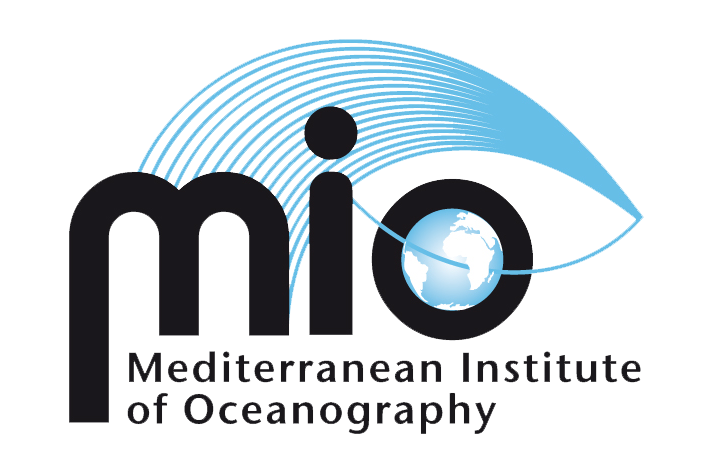Our activities on the Black Carbon in Vietnam
Fine particle air pollution is a global issue. It is the main health risk and the main cause of non-communicable diseases, the second contributor to global warming (just after CO2), and with quantities of fine particles reaching the ocean greater than the quantities of plastic waste, these particles are one of the main environmental pollutants.

